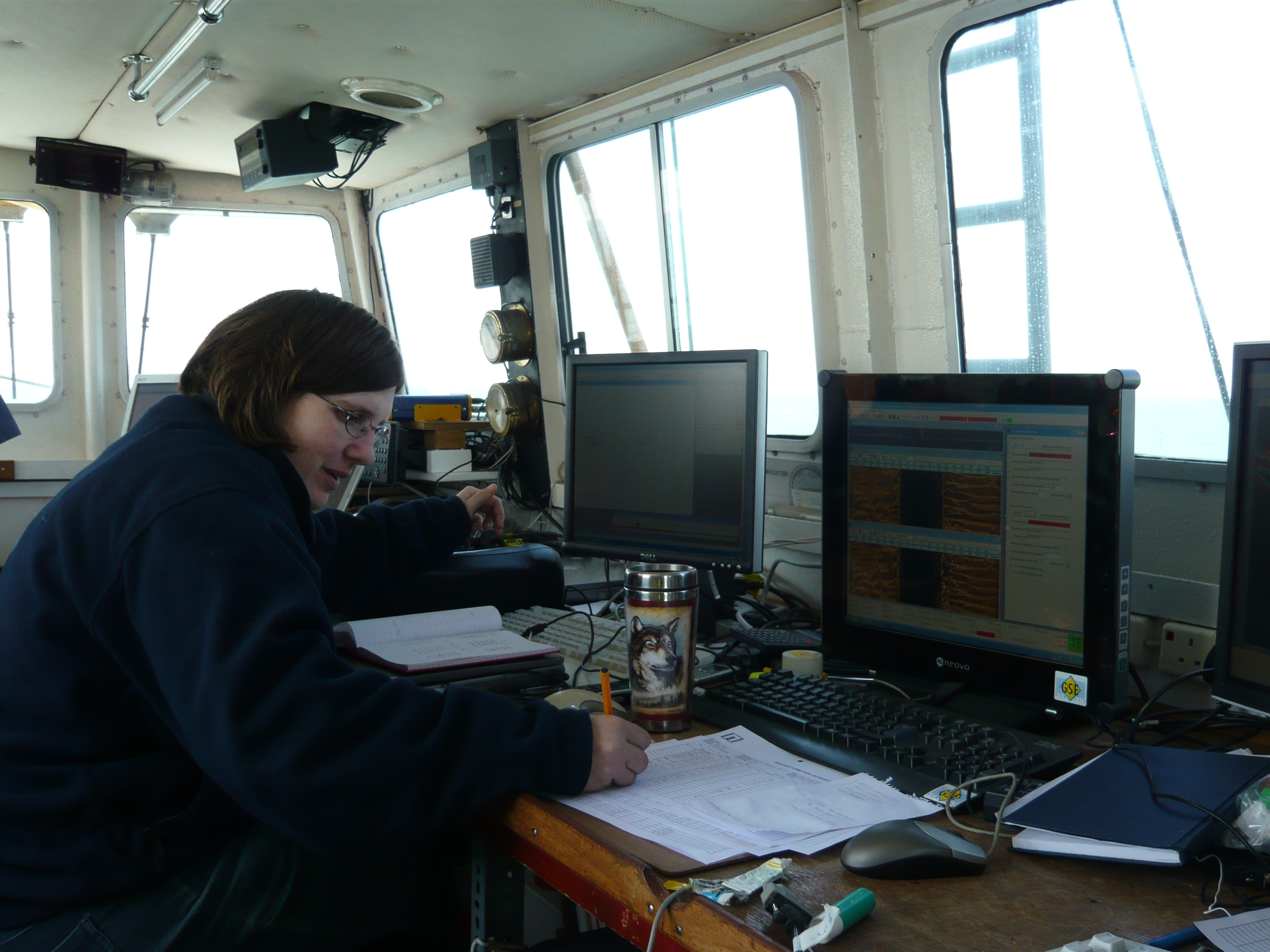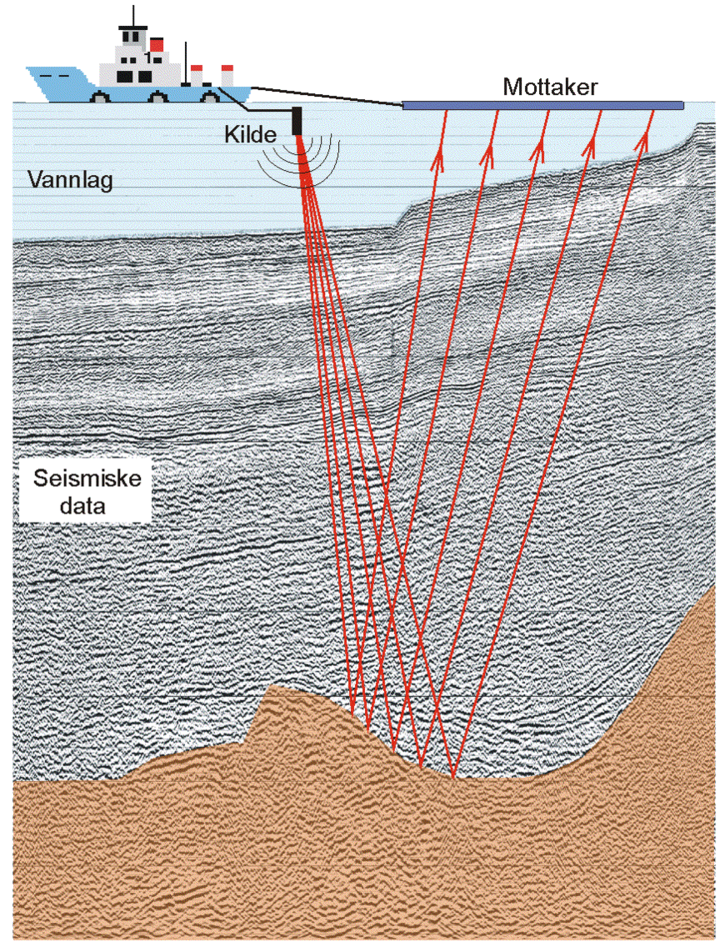All Categories
Featured
Table of Contents
How A Geophysical Survey Is Crucial To Offshore Wind Farm ... in Mt Richon Australia 2020
This work is increasingly contracted out, so consultancies provide another source of employment. Consultancy companies vary in size, from very little companies to large multinationals. Some consultancies are rather specialised in utilizing specific geophysical methods or operating in specific places, while others offer a more varied series of services to their customers.
The extraction of gas from garbage dump websites is another location of employment and this may grow in the future. Expedition companies might carry out work for construction firms, public utility, mining business and environmental firms, so geophysicists might be employed in any of these settings. Other employers include: geological surveysgovernment bodies and agenciesuniversities and research study institutes.

Jobs may be noted in the oil and gas sector press. Recruitment is affected by oil rate fluctuations and the level of competitors for positions varies depending upon this. Careers Days, which cover the full variety of geoscience careers and are typically gone to by a number of key industry employers, are run by The Geological Society.
Career Guide: Geophysicist in Carine Oz 2022
Some of the large oil and gas business offer a complete two-year structured training program throughout the breadth of geophysics, including the chance to experience work in different groups before specialising in one area. Your training might consist of deal with: existing wellsmagnetic and gravitational possible field data analysisresearchrock analysis. However, it's more usual for your preliminary training to be offered on the job.

There may be a probationary duration throughout which you work together with an experienced colleague. Competency-based appraisals happen frequently in the majority of companies. In smaller firms, and for scholastic posts, there is not likely to be any official training - you'll be expected to start work straightaway and pick up skills as you go along.
If you work for a smaller sized company, you might discover that you require to take obligation for arranging and moneying your own development and training. If you have a geology degree, membership of The Geological Society can be helpful for networking and for keeping up to date with the market.
Geophysical Methods in Henley Brook Australia 2023
You may also find it useful to join the PESGB (The Petroleum Expedition Society of Great Britain, which has a geophysics special interest group. After a probationary duration, and once you've gotten some experience, you could advance to senior geophysicist, then group leader and then into a senior function in management.
The ease of movement between roles depends upon the company structure. Study at Masters or Ph, D level in a subject related to geophysics or geosciences might help with your profession advancement and progression. The employment market within the oil and gas industry is extremely dependent on cost and this might impact your chances for career progression.
Not all tasks are dependent on the oil and gas markets. For skilled geophysicists, freelance consultancy uses a good route for career development. You can also specialise in a specific location of geophysics. As a geophysicist, you're most likely to have numerous tasks throughout your working life. International mobility is essential for dealing with peaks and troughs in different countries at various times.
Geophysical Survey - Plaza Of The Columns Complex in Balga Aus 2022
From geophysics, it's possible to focus on seismology (finishing further training to end up being a seismic interpreter) or to move into associated areas such as engineering geology or risk prediction.
Deciding what to study in college is a hard option. Even if you understand that your field of interest lies in science, what program of study is ideal for you?
The first step to accomplishing your objective of becoming a geophysicist is earning a degree. Even for entry-level positions in the field of geoscience, you'll require a bachelor's degree (a geophysicist college degree) from a recognized college or university. Geophysicists need to be able to: examine rocks, photos, and other pieces of information carry out research study both in the field and in laboratories create maps and charts of their findings write reports To achieve all this, students need a specialized education for geophysicist professions.
As specified above, you'll need a bachelor's degree in geoscience or a related discipline, such as a physical science or a life sciences, to land an entry-level job. Trainees can also prepare by majoring in subjects like: Biology Chemistry Computer science Engineering Mathematics Physics The above geophysicist majors provide a more generalized approach to a single scientific discipline, however the majority of programs need students to take one or more geology course.
Latest Posts
Geophysical Survey - Salisbury Archaeology in South Guildford Aus 2021
Geophysical Survey in Yangebup Aus 2022
Working As A Geophysicist And Oceanographer In Canada in Singleton Aus 2022